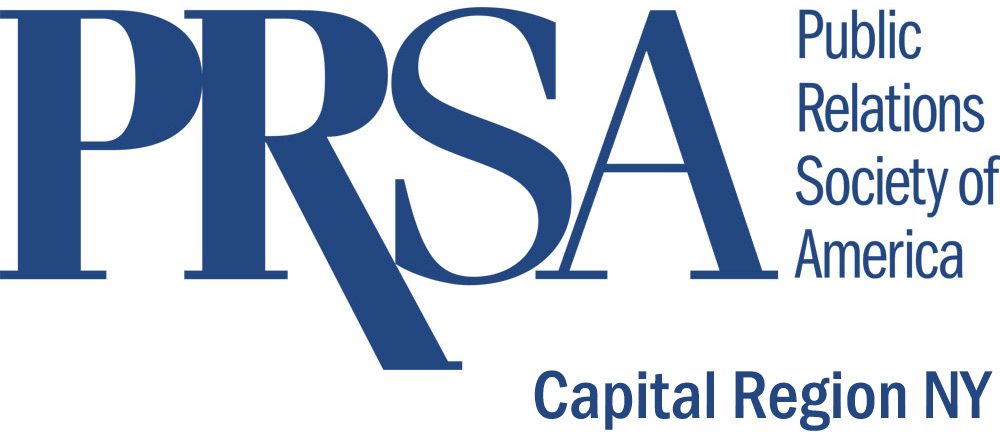By Ken Goldfarb
Director of Communications, Roman Catholic Diocese of Albany
PRSA Capital Region – Director at Large
When we’re “between jobs,” a dilemma that we sometimes face is whether or not we should accept a pro bono or voluntary communications/public relations project. Does such a decision devalue our own worth as professional communicators? Does it encourage other potential employers to exploit our situation?
Last week I had a chance to discuss the issue with two friends and colleagues who are now consulting on a freelance basis. Their feeling? It’s well worth the risk.
Kevin McDonald, a highly skilled, experienced and award winning professional healthcare communicator, has twice in his lengthy career lost fulltime senior management positions due to economics and regime change. Haven’t many of us had that experience at one time or another?
So I asked him whether he still accepted unpaid projects. “Acknowledging that everyone’s situation is different, my answer is still a whole-hearted ‘yes,” said Kevin.
At the same time he stressed that the majority of his time is still spent trying to nail down that next job, or landing and servicing paying assignments that will pay the bills. But after working toward those ends, he acknowledged the fact that you’re likely to still have time on your hands. Most importantly, pro bono work still gives you an enormous opportunity to develop as a professional.
Here’s his advice regarding pro bono work. It will:
· help you keep your skills sharp, maybe even broaden them
· make you feel useful, bolstering your spirits and self-worth
· offer opportunities to make contacts that may lead to paying work
Kevin also observed that if you can do this work in service of a cause or organization that you are passionate about, all the better. “Helping them to a goal will bring great satisfaction. But even if not, it’s worth doing for (professional development),” he said.
Lucy Larner is a respected marketing communications and development professional in the Capital Region, securing visibility and funding for nonprofit community organizations since 1987. She echoed Kevin’s sentiments in regards to volunteer work.
I asked Lucy, “Should a highly experienced professional communicator, who now finds him/her self without a regular weekly paycheck, accept a voluntary (pro bono) assignment in order to: one: keep busy, two: network, and three: possibly expect this voluntary experience to lead directly to gainful employment?
“My response would be all of the above,” said Lucy. “Staying involved in the community, i.e. being visible, is an essential component [strategy] in the job search. A volunteer commitment provides the job seeker with the opportunity to practice one’s craft; maintain a presence in the business community; potentially learn about employment possibilities; reaffirm one’s commitment to his/her community as a volunteer; and stay sane! The only caveat would be whether the project is full time. If so, the job seeker needs to weigh the advantages of taking the assignment as opposed to the time needed for the job search.”
Kevin McDonald, principal at KMcD Strategy & Communications Solutions, and an award winning health care communicator with decades of experience, can be reached at kevinmcdonald68@gmail.com.
Lucy Larner provides public relations/marketing, events, and development expertise to a number of professional organizations in the Capital Region as well. Currently she serves on the advisory board and marketing committee of The Stakeholders, Inc. and is treasurer of the Women’s Press Club of New York State. You can reach out to Lucy at lucyannlarner@yahoo.com

I absolutely agree. Great post!